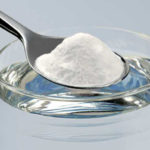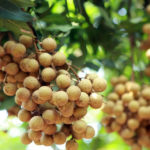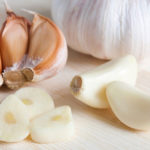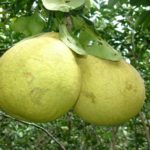Red Amaranth
Red Amaranth is a popular leafy green vegetable with vibrant red color. This vegetable is particularly rich in folic acid, vitamin C, carotene, and other nutrients. Folic acid is an important component for maintaining immunity, and the amount of folic acid in red amaranth is up to 46 times higher than cucumbers. Therefore, red amaranth can be considered a true “longevity vegetable”.
Red amaranth provides a variety of natural antioxidants, which have the ability to protect the body against harmful free radicals and prevent the development of chronic diseases.
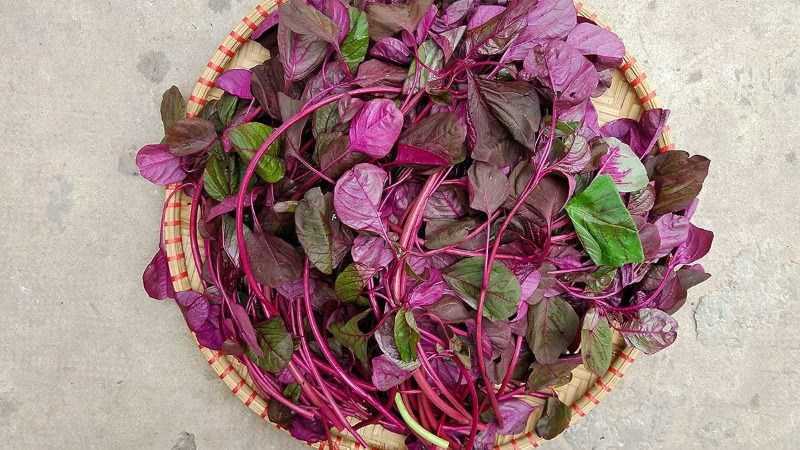
Studies have shown that red amaranth is a rich source of antioxidants, which effectively enhance health. Additionally, plant compounds called phenolic acids, which are abundant in red amaranth, act as antioxidants. They typically include p-hydroxybenzoic acid, gallic acid, and vanillic acid. These plant compounds can significantly help prevent cancer and heart diseases.
In another study on mice, it was found that red amaranth has the ability to enhance the activity of some antioxidants and protect the liver from the harmful effects of alcohol.
Usually, raw red amaranth has the highest antioxidant activity, so soaking and processing red amaranth may reduce its antioxidant activity.
Sweet Potato Leaves
Sweet potato leaves are an extremely nutritious vegetable. They contain a lot of protein, vitamin C, calcium, iron, and other valuable nutrients. Iron helps improve hemoglobin and prevent anemia. Vitamin C is a strong antioxidant that boosts the immune system, cleanses the liver, and improves vision.
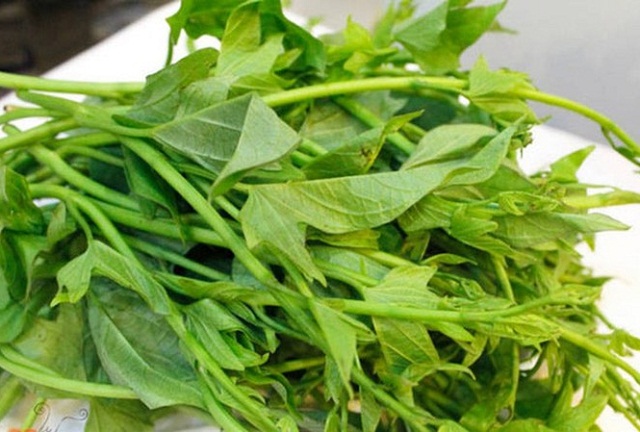
There are many foods that provide vitamin K to the body, and sweet potato leaves are a plentiful source. Vitamin K is an essential vitamin that the body uses to help blood clot, thereby aiding in rapid wound healing and reducing menstrual pain and premenstrual syndrome.
Purslane
Purslane is a wild vegetable that often grows near water sources, and it is often referred to as the “immortal weed in food”. Purslane is a treasure trove of nutrients, rich in protein, vitamin C, calcium, iron, and other nutrients.
This vegetable not only helps cleanse the liver, improve vision, but also has a cooling effect on the body, soothes the throat, moisturizes the lungs, reduces cough, and brings benefits to the skin and natural beauty.
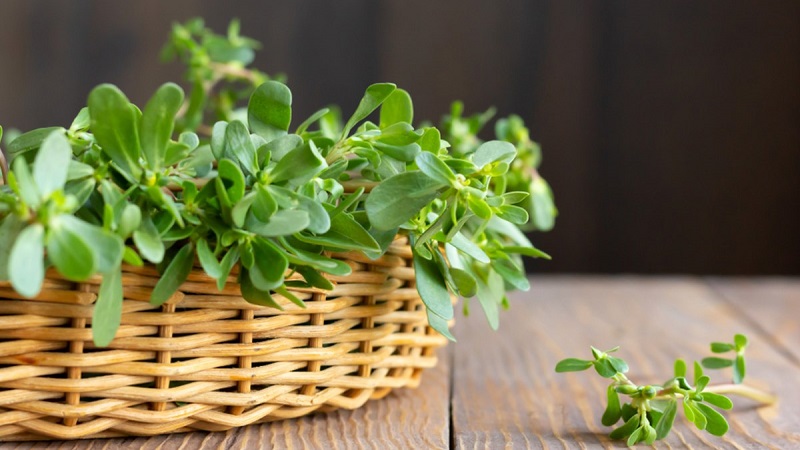
One of the top benefits of purslane is its ability to protect the nervous system and support the treatment of Parkinson’s disease. The reason is that the components found in purslane have the ability to eliminate free radicals and reduce the apoptosis of nerve cells in the body.
In addition, the compounds in purslane also have a protective effect on nerve cells caused by lack of oxygen, as well as inhibit acetylcholinesterase enzyme – a substance commonly found in Alzheimer’s patients. Therefore, using purslane also has the effect of supporting Alzheimer’s treatment.
How to Effectively Treat Fishbone Issues at Home
Everyone loves feasting on the deliciousness of fish during the holidays. But, unfortunately, choking on fish bones is an unavoidable issue that may lead to devastating consequences if left unattended for a prolonged period. Let’s see how Dien May Xanh can help us out when fish bones get stuck in our throat.
























